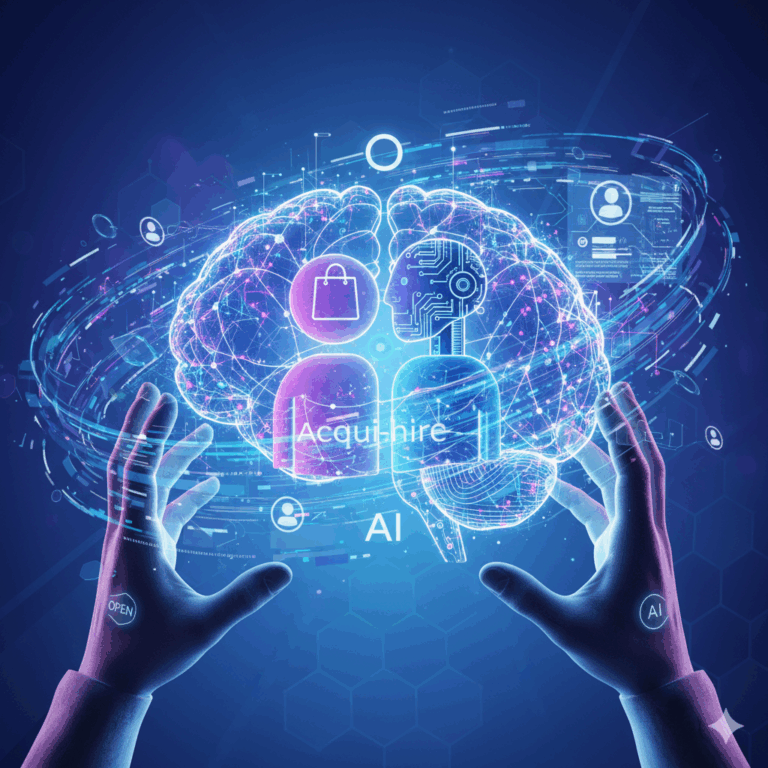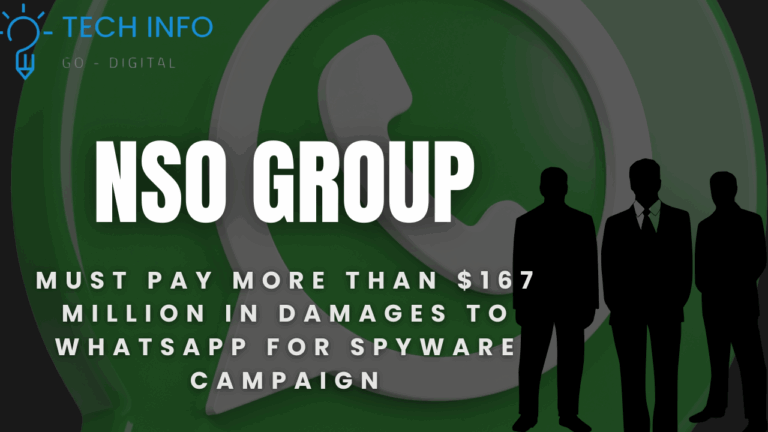Table of Contents
ToggleBeyond the Chatbot: How OpenAI’s Latest Acqui-Hire Signals a Bold Push Into Your Personal World
For years, the story of artificial intelligence has been one of escalating scale. Bigger models, more parameters, vast datasets scraped from the public web. The goal was a kind of universal, omniscient intelligence—a digital oracle that could answer any question, summarize any document, and write any sonnet in the style of Shakespeare.
But a new chapter is being written, and its focus is not on breadth, but on depth. Not on the world’s knowledge, but on yours. The latest move from the industry’s undisputed leader, OpenAI, confirms this seismic shift. With its recent acqui-hire of the team from Rockset, a real-time analytics database company, OpenAI is no longer just building a library of intelligence; it’s preparing to move into your home, your workflow, and your life. They are doubling down on personalized consumer AI, and the implications will redefine our relationship with technology.
From the Generic to the Specific: The Limits of the Oracle
To understand why this move is so significant, we must first acknowledge the inherent limitation of models like GPT-4o. They are brilliant generalists, trained on a snapshot of the public internet up to a certain point in time. They know a lot about you in the abstract—what a typical person might schedule on a Tuesday, what recipes are popular in your city, or how to debug a common coding error.
But they don’t know you.
They don’t know that your “meeting with Alex” next Tuesday is a critical quarterly review that always requires a specific set of slides and a follow-up email to the entire department. They don’t know your personal preference for doubling the garlic in every recipe you find. They can’t remember that you struggled with a similar bug in your code six months ago and the unorthodox solution you eventually discovered.
This is the chasm between a powerful tool and a true assistant. An assistant has context, memory, and a deep, dynamic understanding of your unique world. This has been the missing piece in the AI revolution, and it’s the frontier where the next great battle will be fought.
The Rockset Acqui-Hire: The Engine for Personalization
This is where the Rockset deal becomes so telling. An acqui-hire—where a company primarily acquires talent rather than a product—indicates a strategic priority. OpenAI didn’t just buy a product; it enlisted a world-class team of engineers specializing in one thing: making massive amounts of data instantly queryable and actionable.
Rockset’s expertise lies in real-time analytics databases. In simple terms, they build systems that can take a firehose of live data—every message you send, every document you edit, every website you visit—and allow an application to ask complex questions of that data in milliseconds. This is the foundational technology for true personalization.
Imagine an AI that needs to answer the question: “What were the main action items from my last three meetings with the product team, and which ones are still overdue?”
To answer this, the AI can’t just rely on its pre-trained knowledge. It must:
- Access your personal calendar, meeting transcripts, and task lists.
- Cross-reference this data in real-time to connect meetings, action items, and statuses.
- Synthesize an answer that is accurate, timely, and context-aware.
This requires a sophisticated, personal data infrastructure that current ChatGPT, with its limited memory and context window, simply doesn’t possess. The Rockset team is being brought in to build exactly that: the high-performance data engine that will power the next generation of deeply personalized AI agents.
The Blueprint for a Personalized AI Future
So, what might this look like in practice? We can extrapolate from the direction of the industry and OpenAI’s own rumored projects.
- The Supercharged Personal Assistant: This goes far beyond Siri or Alexa. Your OpenAI-powered agent would live across your devices, seamlessly integrated. It would prepare for your meetings by reading the documents you’ve been sent and flagging the key points you need to address, based on your past concerns. It would manage your inbox not just by filtering spam, but by prioritizing emails from people you collaborate with most frequently and drafting responses in your unique tone of voice.
- The Proactive Creative Partner: Instead of you always prompting the AI, it begins to prompt you. Having learned your creative style, it might suggest: “I noticed you’ve been collecting research on urban beekeeping. Would you like me to draft an outline for that blog post you’ve been thinking about?” or “The photos from your last trip have a distinct color palette. I’ve created a custom filter to apply it to your entire portfolio.”
- The Autonomous Workflow Agent: This is the ultimate expression of personalization. You could teach your AI complex, multi-step workflows unique to your job. “Every time I save a sales call recording to this folder, transcribe it, summarize the key objections raised, log them in the CRM under the client’s name, and suggest two follow-up resources to send.” The AI becomes a seamless extension of your professional judgment.
The Inevitable Challenges: Privacy, Trust, and the “Creepy” Factor
This personalized future is not without its profound challenges. The very thing that makes this AI powerful—its deep integration with your personal data—is also what makes it potentially unsettling.
- The Privacy Paradox: To be truly useful, the AI will require unprecedented access to our most sensitive information: emails, health data, financial records, and private conversations. OpenAI will have to build a trust model that is transparent and unbreakable. Users will need granular control over what data is used, how it is stored, and when it is deleted. The current “memory” feature is a first step, but it’s just the beginning.
- The “Creepy” Line: There’s a fine line between being helpful and being intrusive. An AI that suggests “You seem stressed, your heart rate is elevated” could be seen as caring or as dystopian surveillance. Navigating this user experience will be one of the most delicate tasks for AI designers.
- The Walled Garden Dilemma: Will this hyper-personalized AI be an open platform that works with all your apps, or will it try to lock you into an OpenAI ecosystem? The race to own the primary AI-agent relationship is on, and the stakes for consumer choice and interoperability are high.
Conclusion: The Center of the AI Universe is Shifting to You
OpenAI’s acqui-hire of the Rockset team is more than a talent grab; it’s a declaration of strategy. The era of the monolithic, one-size-fits-all AI model is giving way to the age of the intimate, adaptive, and deeply personal AI agent.
The new battleground is no longer just about who has the smartest model, but about who can most effectively, safely, and seamlessly integrate that intelligence into the fabric of our daily lives. It’s a shift from building a brain for the world, to building a dedicated brain for you—one that knows your history, anticipates your needs, and operates by your rules.
The promise is a future of unprecedented productivity and creativity, where the tedious friction of daily tasks melts away. The peril is a minefield of privacy concerns and ethical dilemmas. One thing is certain: the AI is no longer just out there in the cloud. It’s getting ready to come home.





